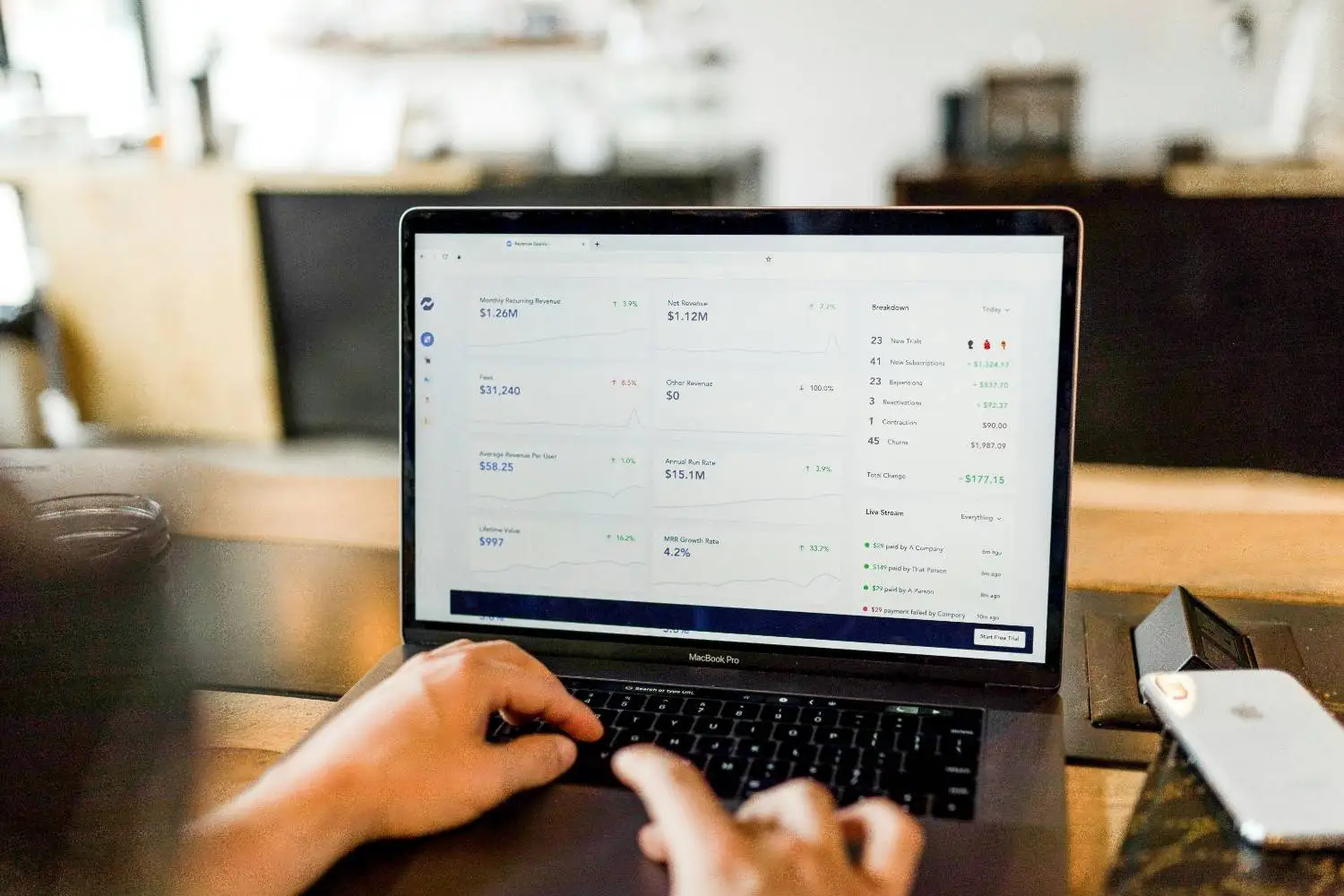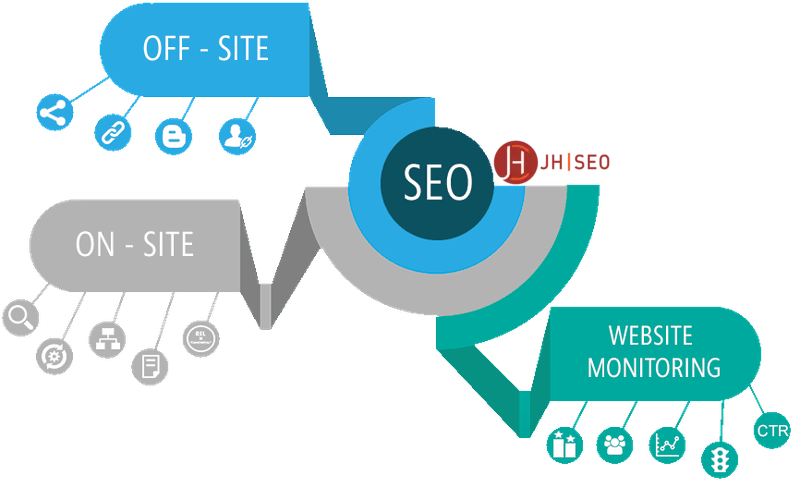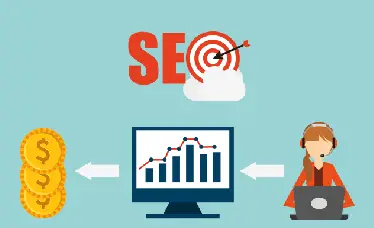The digital landscape demands standing out in local search results. This element is vital for businesses aiming to attract nearby customers. This is where Local SEO comes into play. Local SEO (Search Engine Optimization) focuses on optimizing your online presence to increase visibility in local search results, making it easier for potential customers in your area to find you. For businesses of all sizes, mastering Local SEO can drive significant traffic and boost sales. Understanding the process of Local SEO is crucial, as it enables you to effectively target your audience, improve your search rankings, and ultimately grow your business in the local market.
Understanding Local SEO
Local SEO (Search Engine Optimization) is a strategy that focuses on optimizing a business’s online presence to attract more traffic from relevant local searches. These searches typically include queries with local intent, such as “restaurants near me” or “best plumber in [city name].” Unlike traditional SEO, which aims to improve a website’s visibility on a national or global scale, Local SEO targets potential customers in a specific geographical area, ensuring that businesses appear in local search results.
So, why is local SEO important? While traditional SEO emphasizes improving a website’s ranking on a broader scale, Local SEO hones in on geographic-specific keywords and search terms. This includes optimizing for Google My Business (GMB) profiles, managing online reviews, and building local citations. Local SEO also involves specific techniques like creating localized content and acquiring backlinks from local sources. The primary goal of Local SEO is to connect businesses with local consumers actively searching for their products or services.
Unlock local traffic with a tailored SEO process. Learn how today!
Key Components of Local SEO
Keyword Research for Local Searches
Local keywords are essential for capturing the attention of searchers looking for services within a specific area. By incorporating local keywords into your SEO strategy, you increase the chances of appearing in relevant local searches, driving targeted traffic to your business.
Tools and Techniques for Keyword Research
Effective local keyword research involves using tools like Google Keyword Planner, Moz, and Ahrefs. These tools help identify popular local search terms and phrases. Additionally, analyzing competitor keywords and using location-based modifiers can provide valuable insights into what potential customers are searching for in your area.
Optimizing Google My Business (GMB)
Setting Up and Optimizing a GMB Profile
Google My Business (GMB) is a critical component of Local SEO. Setting up and optimizing your GMB profile involves ensuring all business information is accurate and up-to-date, including your business name, address, phone number, and hours of operation. Adding high-quality images, responding to reviews, and regularly posting updates can further enhance your GMB profile’s effectiveness.
Accurate business information ensures that customers can find you easily and trust the credibility of your business. Inconsistent or incorrect information can lead to confusion, mistrust, and ultimately, lost business.
Local Citations and Listings
Local citations are online mentions of your business’s name, address, and phone number (NAP). These can appear in local business directories, websites, and social platforms. Citations help improve your local search engine rankings by signaling to search engines that your business is legitimate and relevant within your community.
Choosing reputable and relevant local directories is crucial for effective citation building. Ensure that your business information is consistent across all listings to avoid confusing search engines and potential customers. Regularly updating your listings and monitoring for accuracy can help maintain a strong local SEO presence.
Localizing Website Content
Localizing your website content involves creating pages that specifically target local keywords and search queries. This can include writing blog posts about local events, creating service area pages, and incorporating local keywords into your meta descriptions and headers.
Local landing pages are dedicated pages on your website that target specific geographic areas. These pages provide detailed information about your services in a particular location, helping to improve your relevance for local searches and enhancing the user experience for potential customers.
Online Reviews and Reputation Management
Online reviews play a significant role in Local SEO. Positive reviews not only improve your search engine rankings but also build trust and credibility with potential customers. Search engines consider reviews as a ranking factor, making them essential for local search visibility.
Effective reputation management involves actively soliciting reviews from satisfied customers, promptly responding to both positive and negative reviews, and addressing any issues raised by customers. Maintaining a positive online reputation can significantly impact your Local SEO success.
Ready to boost your local visibility? Explore our SEO process now!
Local Link Building
Local backlinks are links from other local websites to your site. These backlinks are crucial for improving your domain authority and local search engine rankings. They signal to search engines that your business is a trusted and integral part of the local community.
Acquiring local backlinks can be achieved through various strategies, such as sponsoring local events, collaborating with local influencers, participating in community activities, and reaching out to local blogs and news sites for coverage. Creating valuable, locally relevant content can also attract natural backlinks from local sources.
Implementing a Local SEO Strategy
Planning and Setting Goals
The first step in implementing a Local SEO strategy is to plan and set clear, achievable goals. Determine what you want to accomplish with your Local SEO efforts. Are you looking to increase foot traffic to your physical store, boost online sales from local customers, or improve brand awareness in your community? Establish specific metrics, such as increasing website traffic by a certain percentage or achieving a higher ranking for local keywords. Having clear goals will help guide your strategy and measure your progress.
Executing Keyword Strategy and On-Page Optimizations
Keyword research is crucial for identifying the terms and phrases your local audience uses when searching for your products or services. Utilize local SEO tools like Google Keyword Planner, Moz, and Ahrefs to find relevant local keywords. Once you’ve identified your keywords, incorporate them into your website’s content, including titles, meta descriptions, headers, and body text. Ensure your website is mobile-friendly, as many local searches are conducted on mobile devices. Additionally, optimize your website’s loading speed and improve the overall user experience to keep visitors engaged.
Claiming and Optimizing GMB Profile
Google My Business (GMB) is a powerful tool for enhancing your local search visibility. Claim your Google Business profile and fill out all necessary information accurately, including your business name, address, phone number, hours of operation, and website URL. Add high-quality photos of your business, products, or services to make your profile more appealing. Regularly update your GMB listing with posts about special offers, events, or news. Encourage customers to leave reviews on your GMB profile and respond to them promptly to show that you value customer feedback.
Building Local Citations and Listings
Local citations are mentions of your business’s name, address, and phone number (NAP) on various online directories and websites. These citations help search engines verify your business’s existence and relevance in your local area. List your business on reputable local directories, industry-specific sites, and review platforms. Ensure your NAP information is consistent across all listings to avoid confusion. Regularly check and update your citations to maintain accuracy and take advantage of new listing opportunities.
Managing Online Reviews
Online reviews are critical for building trust and improving your local rankings. Encourage satisfied customers to leave positive reviews on platforms like Google, Yelp, and Facebook. Monitor your reviews regularly and respond to both positive and negative feedback. Thank customers for their positive reviews and address any issues raised in negative reviews professionally and promptly. Demonstrating excellent customer service through your review responses can enhance your business’s reputation and attract more local customers.
Acquiring Local Backlinks
Backlinks from local websites signal to search engines that your business is a valuable part of the local community. Build relationships with local bloggers, news sites, and industry influencers to earn backlinks. Participate in local events, sponsor community activities, and collaborate with other local businesses to create opportunities for backlinks. Creating high-quality, locally relevant content can also attract natural backlinks. The more local backlinks you acquire, the stronger your local search presence will be.
Measuring and Monitoring Success
Key Performance Indicators (KPIs)
To gauge the effectiveness of your Local SEO strategy, track key performance indicators (KPIs) that reflect your goals. Important KPIs include:
- Local Search Rankings: Monitor your rankings for target local keywords to see how your visibility improves over time.
- Website Traffic: Track the amount of traffic your website receives from local searches. Use tools like Google Analytics to analyze traffic sources.
- GMB Insights: Utilize Google My Business Insights to measure how often your listing appears in searches, how many people view your profile, and the actions they take.
- Online Reviews: Monitor the number and quality of reviews you receive, as well as your overall rating on review platforms.
- Conversion Rates: Measure the conversion rates for local visitors, such as online purchases, appointment bookings, or contact form submissions.
Tools for Monitoring Local SEO Performance
Several tools can help you monitor and analyze your Local SEO performance:
- Google Analytics: Provides detailed insights into website traffic, user behavior, and conversion rates.
- Google Search Console: Helps track your website’s search performance, including keyword rankings and click-through rates.
- Moz Local: Assists in managing local citations, monitoring reviews, and tracking local search rankings.
- Bright Local: Offers comprehensive Local SEO reporting, including citation tracking, review monitoring, and local search audit reports.
- SEMrush: Provides keyword tracking, backlink analysis, and site audit features to monitor your Local SEO efforts.
Need more help? Explore our services and resources. Contact Us or 2138949220!
Local SEO is an essential strategy for businesses looking to connect with customers in their geographic area. By focusing on optimizing your online presence for local searches, you can drive targeted traffic, enhance your visibility, and ultimately grow your business. Each step plays a crucial role in improving your local search rankings and attracting more local customers.
As the market continues to evolve, staying updated with future trends and local SEO tips is crucial. Emerging trends such as voice search optimization, mobile-first indexing, and the increasing importance of customer reviews will shape the future of local SEO. By adapting to these trends and continuously refining your local SEO strategy, you can maintain a competitive edge and ensure your business remains visible and relevant in local search results.



































































































































































































































